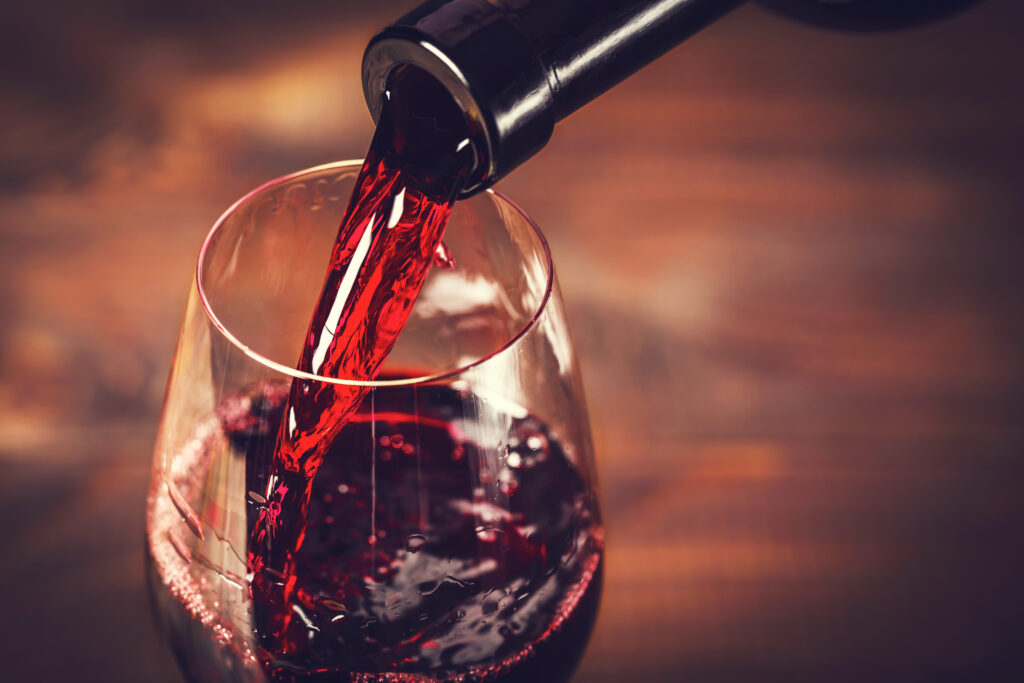
The headline sounds too good to be true, but a report today tells of an unusual red wine that could improve the elasticity of women’s skin.
A red wine from America called muscadine has hit the news after reports that it makes the skin, particularly of middle-aged and older women, appear more youthful, writes NY Breaking, Tuesday, July 25.
A recent study, which involved 17 women between the ages of 40 to 67, involved consuming two glasses of muscadine wine. The results appeared to show an anti-ageing effect and improved the skin’s elasticity which diminishes with advancing years.
However, before everyone goes out to try and find a bottle of this remarkable wine, it must be clarified that all the alcohol had been removed. So a standard glass or two of muscadine may not have the same results.
Muscadine wine originates in North Carolina, and today is predominantly cultivated in the Carolinas, Florida, Georgia and Mississippi. It is different to most of the famous wine grapes grown around the world which are native to the Mediterranean and Central Europe.
The results of the study could be another way forward in the battle against ageing by using natural plant compounds called polyphenols from the grapes used to make wine.
One of the experts who conducted the study was Dr Lindsey Christman, from the University of Florida, who commented: ‘Muscadine grapes appear to have a unique polyphenolic profile compared to other red wine varieties.
‘Our study suggests that polyphenols from muscadine wine have the potential to improve skin conditions, particularly elasticity and transepidermal water loss, in middle-aged and older women.’
The six-week trial involved just 17 middle-aged women and randomly assigned them to drink 300 millilitres of alcohol-free muscadine wine every day or a beverage that looked and tasted similar but did not contain polyphenols.
After a three-week break, they were then required to switch to the other drink for another six weeks.
The results showed that when women drank the wine, their skin showed significant improvements in its elasticity and water retention.
The tests are still in their early stages and only involved a small number of 17 volunteers. The test results have yet to be published in full and reviewed by other researchers, but so far the signs are encouraging.
Stay connected with us on social media platform for instant update click here to join our Twitter, & Facebook
We are now on Telegram. Click here to join our channel (@TechiUpdate) and stay updated with the latest Technology headlines.
For all the latest World News Click Here
